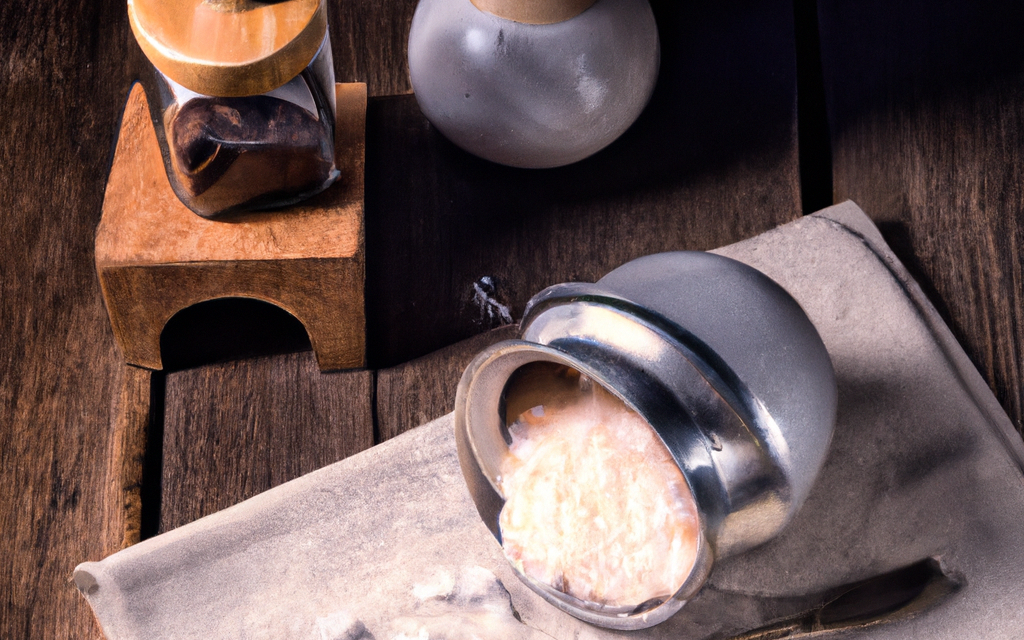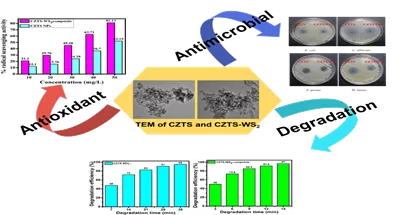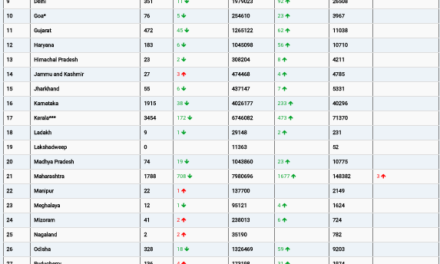September 14, 2024 – A groundbreaking study published in Nature Immunology has revealed that sodium ions (Na+) in tumor microenvironments (TMEs) significantly enhance the activation and cytotoxicity of T-cells, offering potential new pathways for cancer treatment.
Background The tumor microenvironment plays a critical role in modulating immune responses, often inhibiting the efficacy of cytotoxic T lymphocytes (CTLs) against cancer cells. The metabolic status of these T-cells is influenced by various extracellular factors, including ion concentrations. While potassium (K+) ions in TMEs have been known to suppress T-cell functions, the impact of sodium ions has been less understood. This study focused on exploring how Na+ affects the antitumor capabilities of CD8-expressing T-cells.
About the Study Researchers employed inductively coupled plasma optical emission spectrometry (ICP-OES) to measure K+ and Na+ concentrations in breast cancer tissues and adjacent healthy tissues. They then investigated how sodium chloride (NaCl) exposure altered the transcriptome of cytotoxic T-cells, utilizing single-cell RNA sequencing (scRNA-seq) to uncover significant changes.
Key findings included:
- Increased NaCl Levels: High NaCl concentrations led to a dramatic increase in differentially expressed genes (DEGs) related to T-cell activation and antitumor immunity.
- Enhanced T-Cell Activation: NaCl elevated genes associated with T-cell activation, including mTOR, TNF, IL-2, PD-1, MAPK, IRF4, and HIF1A.
- Mechanistic Insights: Sodium ions were found to induce membrane hyperpolarization and increase Na+/K+-ATPase activity, which enhances the electromotive forces for calcium (Ca2+) entry into T-cells. This process amplifies T-cell receptor (TCR) signaling and overall T-cell activity.
- In Vivo Results: In a pancreatic cancer mouse model, NaCl-treated cytotoxic T-cells showed improved tumor-killing capabilities and reduced tumor growth. Notably, CAR T-cells engineered with NaCl also demonstrated increased effectiveness against cancer cells.
Conclusion The study underscores sodium chloride’s potential as a modulator of T-cell function within TMEs. By improving T-cell metabolic fitness and cytotoxicity, NaCl enhances antitumor immune responses. These findings suggest that NaCl could be leveraged to optimize cancer immunotherapy, including CAR T-cell treatments. However, further clinical trials are needed to fully understand NaCl’s impact on long-term antitumor immunity and therapeutic applications.
Journal Reference: Soll, D., Chu, C.F., Sun, S. et al. Sodium chloride in the tumor microenvironment enhances T-cell metabolic fitness and cytotoxicity. Nature Immunology (2024). DOI: 10.1038/s41590-024-01918-6












